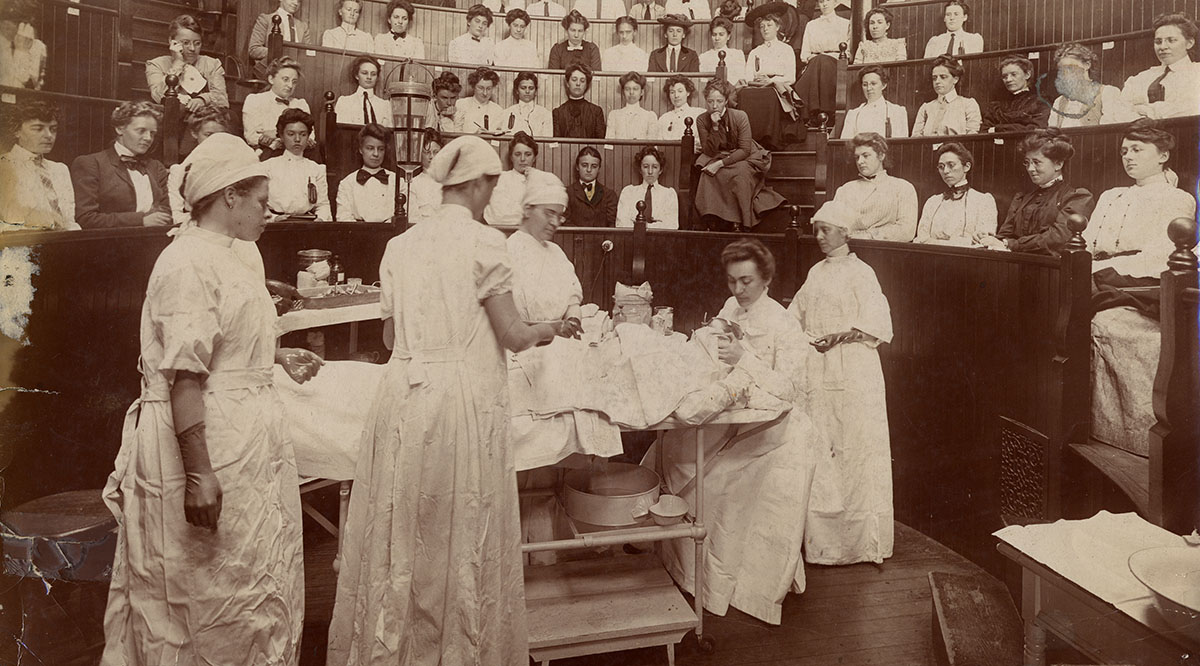
FAQ About Women in the History of Medicine
Women in the History of Medicine
2 years ago | gizem
What role did women play during the Civil War in medical care?
During the American Civil War (1861-1865), women played crucial roles in providing medical care and support to soldiers on both sides of the conflict. Their contributions were diverse and essential, and they helped shape the development of nursing and healthcare in the United States. Here are some key roles and activities women played during the Civil War in medical care:
- Nurses: Many women served as volunteer nurses in military hospitals and on the battlefield. Prominent among them was Clara Barton, who later founded the American Red Cross. These nurses provided essential care, comfort, and support to wounded and sick soldiers.
- Hospital Administrators: Some women took on administrative roles in military hospitals, managing staff, supplies, and resources to ensure the smooth operation of medical facilities.
- Sanitary Commission Volunteers: Women were active in organizations like the United States Sanitary Commission, which aimed to improve sanitation and healthcare in military camps and hospitals. They worked to provide supplies, organize relief efforts, and promote better hygiene.
- Fundraisers: Women organized fundraising events and campaigns to collect money and supplies for the care of wounded soldiers. They often held fairs and rallies to support the war effort.
- Letter Writers: Women corresponded with soldiers, offering emotional support and encouragement. They wrote letters on behalf of wounded or ill soldiers and helped maintain their morale.
- Homefront Nurses: On the home front, women cared for injured or sick family members and veterans. They often had to adapt their homes to serve as makeshift hospitals.
- Spies and Scouts: Some women worked as spies and scouts, gathering information about troop movements and battlefield conditions, which indirectly contributed to medical care by aiding military planning.
- Medical Innovators: A few women made notable contributions to medical innovation during the war. For example, Mary Edwards Walker became the first female surgeon in the U.S. Army and developed new techniques for treating wounded soldiers.
- Relief Workers: Women's relief societies and organizations provided food, clothing, and medical supplies to soldiers in need. They also established convalescent homes for recovering soldiers.
- Prison Reform Advocates: Women like Dorothea Dix worked to improve the living conditions and medical care for prisoners of war on both sides.
